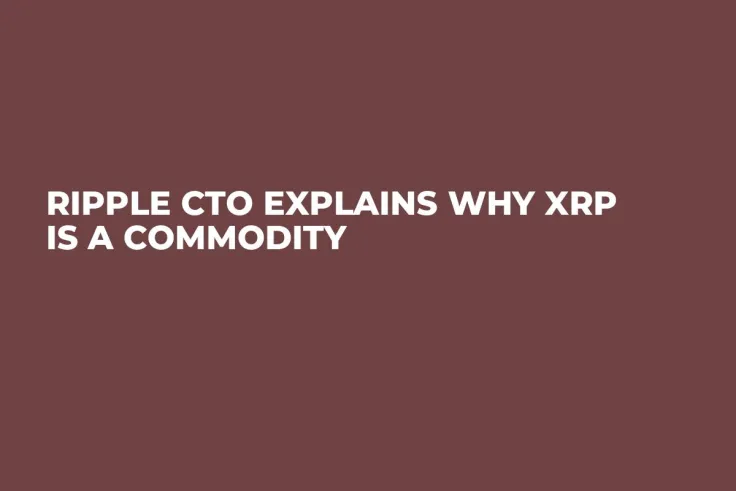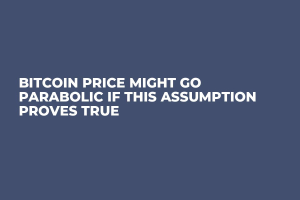
Ripple CTO David Schwartz recently took to Twitter to explain why XRP meets the definition of a commodity.
He claims that it is a raw good that trades in commerce, with each XRP token being treated as equal to any other token. Moreover, no part of the cryptocurrency's value is derived from another party's legal obligations to XRP holders.
Cryptocurrencies have frequently been referred to as securities or commodities, but the actual legal status of digital assets is far from being clear.
To help determine which type of asset cryptocurrencies are, many turn to the Howey Test which was created by the U.S. Supreme Court in 1946 and defines the criteria for a security instrument. The test consists of three parts: whether there is an investment of money in a common enterprise with a reasonable expectation of profits; whether the profits come from the efforts of a promoter or third party; and if so, whether those efforts constitute an essential element of the scheme.
If cryptocurrency meets all three criteria outlined by Howey, then it can be categorized as a security. In other words, if someone purchases cryptocurrency with the expectation that their investment will yield profits due to the efforts of another party (such as its issuer), then they are considered to own a security. This could mean that buyers would fall under securities regulations such as registration requirements and fraud prevention measures.
The U.S. Securities and Exchange Commission took Ripple to court in late 2020. The suit alleges that Ripple and its top two executives, Brad Garlinghouse and Chris Larsen, have been engaged in an "ongoing unregistered digital asset security offering" involving XRP since 2013. According to the SEC’s complaint, Ripple, Garlinghouse, and Larsen raised a combined $1.38 billion through unregistered sales of XRP tokens without registering them as securities.

 Dan Burgin
Dan Burgin Vladislav Sopov
Vladislav Sopov